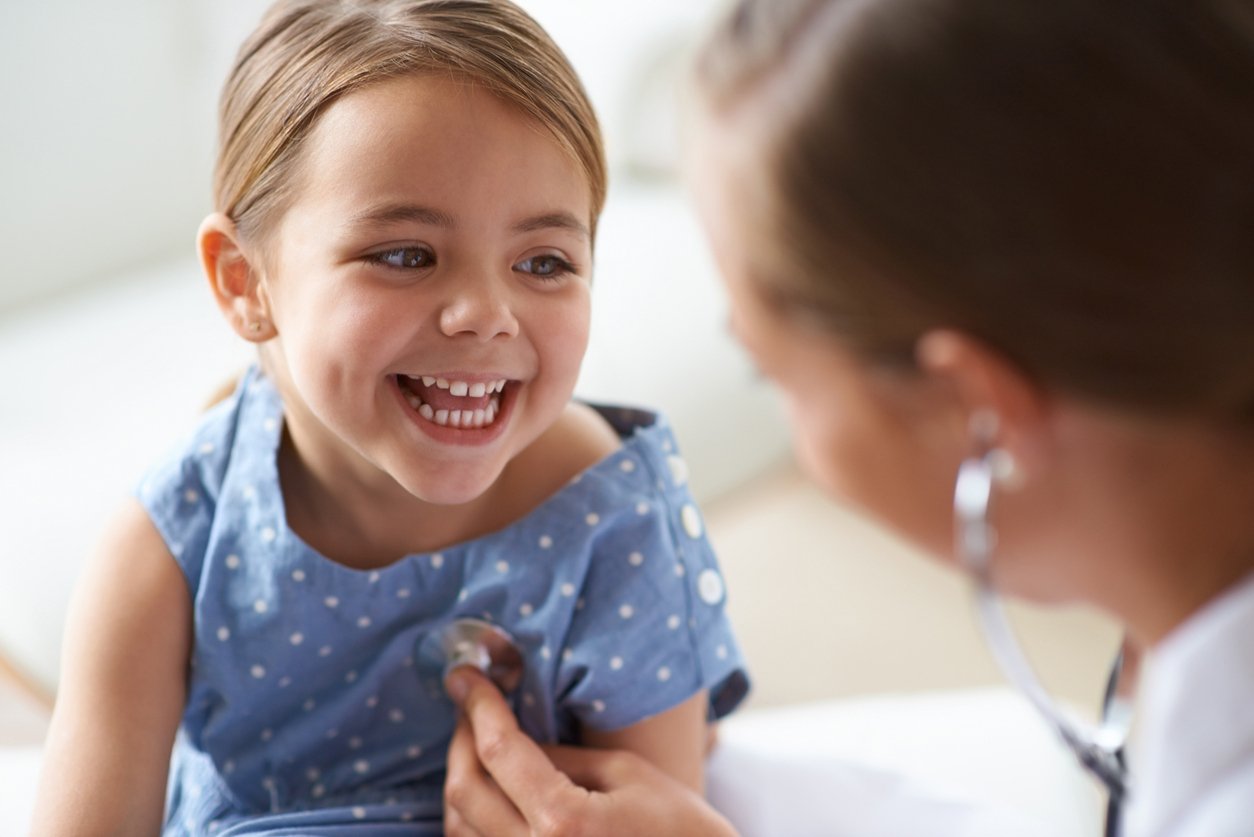Mental illness is an enduring crisis in Australia. Mental ill-health is on the rise and Australia’s mental health system is under immense pressure. 44% of the Australian population are estimated to have experienced a mental disorder at some time in their life2.
Children are a particularly vulnerable group, often overlooked in our mental health policies, initiatives and systems. In the last 15 years, the amount of young people (aged 16-24) experiencing mental ill-health has grown by 50% and our young people are experiencing the highest levels of psychological distress we’ve ever seen2.
Children are facing significant mental health challenges, and emerging trends suggest things are getting worse after the pandemic. 70% of presentations to paediatricians are related to mental health needs, even though only half the children who need support are getting it3. Wait lists for children’s mental health clinical services are also at an all-time high.
Most programs supporting youth mental health target people aged 12 and older. Our younger children are falling through the cracks at a formative stage in their development.
We know that 50% of all mental illness has its onset before the age of 141. The early years in a person’s life are crucial for building resilience and developing a toolkit of skills to navigate the challenges of adolescence and adulthood. Prevention and intervention initiatives must start much earlier in life. Up to 50% of adult mental illness can be prevented through early intervention during childhood and adolescence4.
Currently most of the government funding for mental health is directed towards clinical and crisis services. Without a focus on mental health promotion and prevention we will continue to witness this crisis unfold. But generational change is possible, if we tackle mental ill-health at the prevention stage.
This is why Smiling Mind and DECJUBA Foundation have partnered to launch the Smiling Mind Generation. Together, we will support Australian children to build resilience and confidence, to understand and regulate their emotions and become more focused and self-aware – we will support adults to help raise children who are connected, compassionate and well-equipped to deal with life’s ups and downs.













